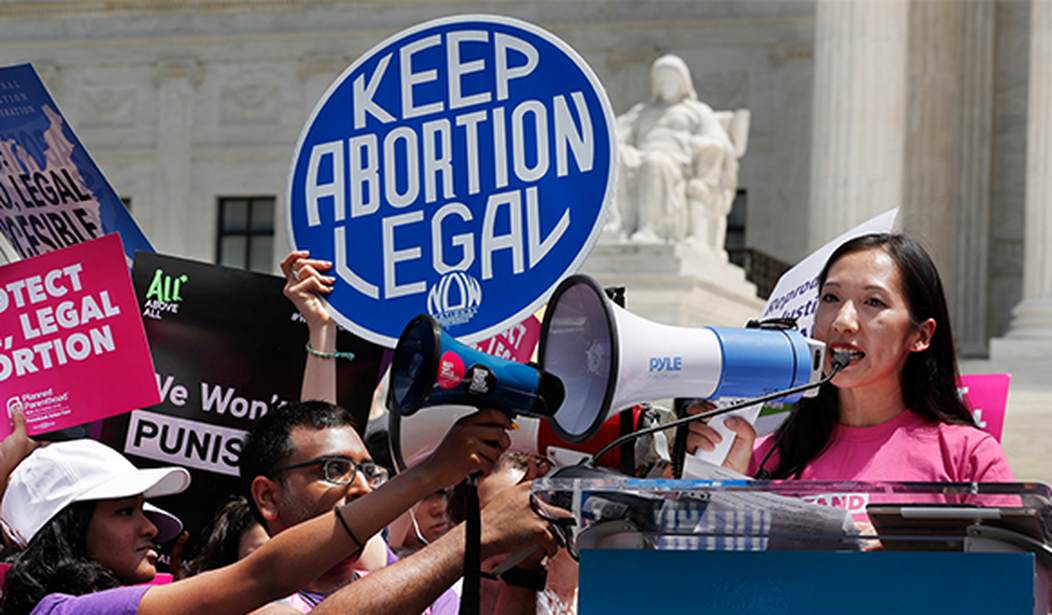A federal judge has put a hold on a new, Kentucky abortion law in Louisville Thursday, according to the Washington Post.
A federal judge issued a temporary order Thursday blocking a sweeping new abortion law passed last week in Kentucky that had halted all abortions across the state, a decision that allows the two clinics there to resume performing the procedure.
U.S. District Judge Rebecca Grady Jennings in Louisville approved the request of Planned Parenthood, one of the abortion providers, for emergency relief. Both clinics plan to restart this week.
This comes just over a week after the state Senate overrode Democrat Gov. Andy Beshear’s veto to pass the legislation, which seeks to ban abortion after 15 weeks of gestation, into law on April 13, as our sister publication Townhall.com reported last week.
The Louisville Courier Journal shared details on the provisions of the new abortion law:
Among its many restrictions on abortion, HB 3 outlaws sending medication by mail used to terminate an early pregnancy, despite being approved by the U.S. Food and Drug Administration. It requires the state Cabinet for Health and Family Services to create a new, extensive system to certify, register and monitor anyone who produces, ships or dispenses the medication.
The cabinet would enforce rules for producing and providing the medication.
It also requires the state to create an online site listing names and addresses of anyone who provides abortion medication where people can file complaints, anonymously if they choose. The cabinet would be required to investigate all complaints.
[…]
HB 3 also bans abortion after 15 weeks of pregnancy — current Kentucky law bans it after 20 weeks — and puts new restrictions on abortions for girls under 18, including those seeking permission from a judge in certain circumstances and requires fetal remains to be disposed of through cremation or burial.
According to the Washington Examiner, U.S. District Judge Jennings, who was appointed by President Donald Trump, pointed to the “enforceability of the provisions,” rather than whether or not the law has constitutional merit.
Such a monitoring system [to track the production and prescription of abortifacients] does not yet exist, meaning abortion providers cannot come into compliance with the law. Jennings cited that as a reason for her move to block the law from taking effect.
“The Court does not consider at this stage the constitutionality of the substance of the requirements in HB 3, but merely the enforceability of the provisions based on the impossibility of compliance,” Jennings wrote.
The Courier Journal included one argument from the state’s other clinic (the Bluegrass state currently has only two) to the court:
Lawyers for EMW said allowing the law to stand would “force patients to remain pregnant against their will” and would adversely affect their physical, mental and emotional wellbeing.
As my colleague at Townhall.com Rebecca Downs wrote on Monday, the abortion facilities have only themselves to blame for their closure:
That these facilities are choosing to no longer perform abortions is because they’ve chosen to do that, as they can’t or won’t comply.
She also noted that “[t]he EMW Women’s Surgery Center is represented by the ACLU.”
The hold on Kentucky’s law follows the United States Supreme Court agreeing to hear oral arguments last December on the 2018 Mississippi pro-life bill, which they are expected to rule on later in 2022, as well as several red states, including Oklahoma and Florida, passing strong, pro-life legislation over the past few months.













Join the conversation as a VIP Member